When we build our homes, the prime concern is safety. Whether you are making it as your residence or renting it out, keeping the property secure is extremely important. It’s not just the danger from outside but the things like wiring, plumbing etc need to be taken care of as well. If a person is planning on having a pool on their property, it should abide by the safety laws and standards which is where the pool safety certificate is necessary.
How Much Is A Pool Safety Certificate Cost?
Quick Navigation
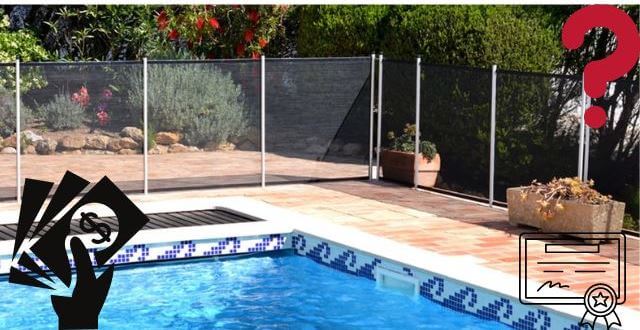
There are various levels of safety when you are installing a pool at your home. Also, the standards vary according to the type of pool being built. The inspection should always be carried out by a licensed pool inspector.
The contractor you hired for building the house might be able to help you with it as private contractors are sometimes licensed to practise inspection. The services can be available for free and you must take the benefit of it as it will save you from a lot of trouble in future.
Now let us discuss how much will it cost:
- Residential pool inspection, which is owned by one person and not shared, costs around $170-$200.
- To get the pool safety certificate made, it costs around $35-$40.
- If the concerned officer feels the need for a second inspection, it costs $120.
- With shared or larger pools, the inspection cost can increase up to $250.
- Regular inspections of shared pools can cost around $150.
- If there are more than 2 gates, $25-$30 can add on to the base price.
- If your house is located in a remote location $25 distance fee might be applicable.
When Do You Need A Pool Safety Certificate?
The question which arises now is when do you need to get your pool inspection done.
1. After Building A New Pool
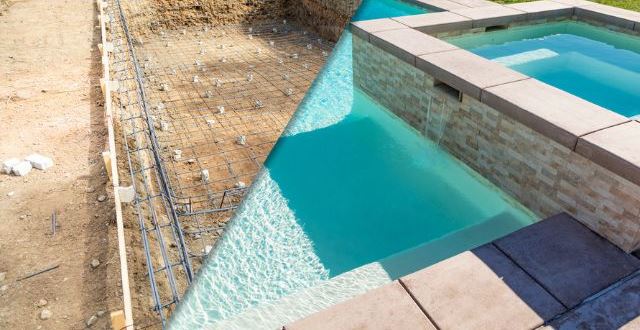
If you have recently installed a pool in your house or property, it is best to get the pool inspection done as soon as possible. It can be done by the contractor himself if he is certified else there are always agencies that can send a pool inspector.
If your contractor is a certified inspector, take their help in avoiding the mistakes during the construction itself, it will not only save you time when getting the certification but will also save you the money for a second inspection.
2. When You Lease Or Rent Your Property
As an owner, it is your responsibility to ensure your tenants the maximum security. If you are planning on leasing your property, get a pool inspection done if it has been long since your last inspection. The pool should only be accessible to the tenants living there so it does not count as shared.
The safety certificate should be shown to the concerned party or you can give a copy to all the tenants and keep the original documents with you. Always get the certification renewed while entering a new lease or renewing the previous one.
3. When You Sell Your Home
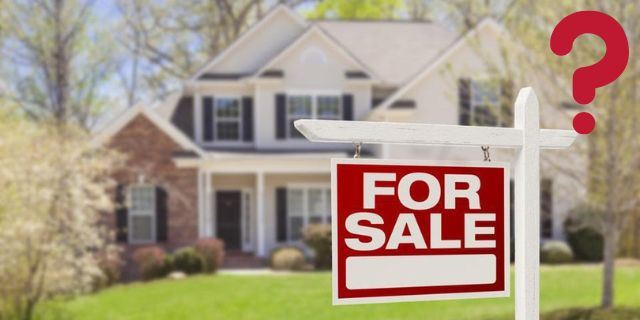
If you are planning on putting your property up in the market for sale, make sure that all the safety standards are up to the mark including the pool. It is best if you get the inspection done before you put it in the market as it will save you from penalties. In case there are some faults, get them mended at the earliest and then put it in the market.
How Much Is A Pool Safety Certificate From QLD?
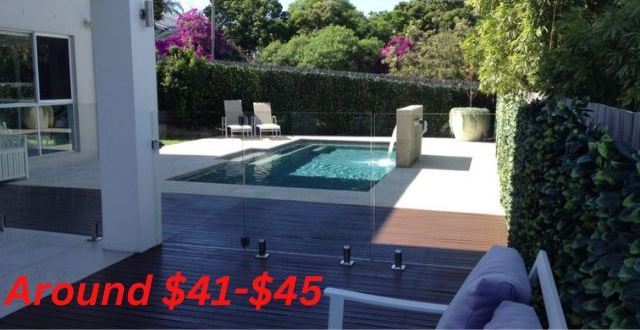
For getting the inspection done of your pool, the average cost is around $150. The inspection is necessary for all kinds of spas, private pools or shared pools. If your pool checks out all the things necessary to establish a pool safe, your inspection charge will enter your pool in the QLD pool safety register which is mandatory before the certification. The QLD government charges around $41-$45 to provide the certificate.
How Much Pool Safety Certificate Is Important?
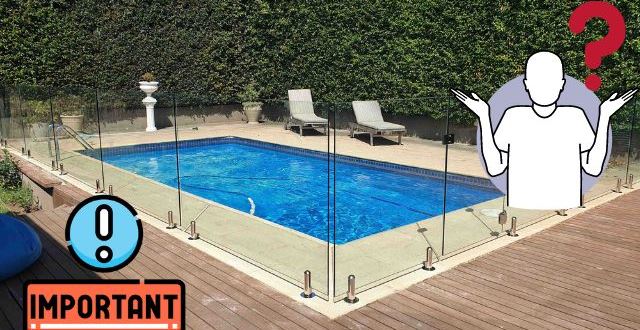
We all are aware that being safe and protected is very important to us as human beings. While there are few things beyond our control, the things which we can rectify and improve to keep us unharmed. When it comes to pool safety, there are a few things as to why it is important to get inspected.
Buying or selling properties: As government guidelines have become very strict with time due to an increase in the number of accidental deaths in pools, house owners must get their pool certified according to the latest safety standards before they sell their property.
Buyers should always keep a check if the pool certification has been renewed before finalising the deal. Because the house does not comply with the safety standards, it can lead to huge penalties which will have to be filled by the current owner.
Safety for children: the protocols and standards are designed in a way to keep the children safe. If a child has easy access to the pool, they can end up falling into the pool and drowning. Since children will not be able to shout for help, it can prove to be fatal as well.
How To Get The Certificate?
To get your pool certified, you can contact a local council to provide you with a certifier. They will come to your property and do the necessary checks. If everything matches the standards, you will get a compliance certificate with registration in the pool safety register.
Due to any reason, if there is any error, they will provide you with a non-compliance certificate. There will be a second inspection arranged and you have to get the faults corrected before else you will be charged a penalty.
Here are a few things which the pool inspection officer will check on:
- Pool fence height.
- Height of the gates.
- Locks on the gates (if accessible to children).
- Gaps from the ground and in between bars of fencing.
- CPR assemblage.
- A good pool alarm
How Long Does A Pool Safety Certificate Last?
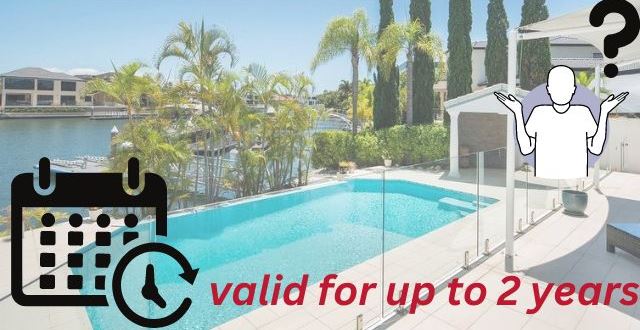
Since the safety standards are amended regularly, the certification needs to be renewed as well. For residential pools, the certificate is valid for up to 2 years. For shared pools, it is valid for a year.
Owners should keep themselves updated regarding the renewal and get it renewed if needed before they are charged penalties. For residential pools, it is not necessary to get the certificate renewed until and unless the owner plans on selling or leasing the property in the coming time.
What Things You Should Have In The Premises To Meet The Eligibility Criteria?
We have discussed how to get a pool safety certificate, how long does it last and the costs but how do we make the pool that it complies with the safety standards issued by the government.
a. Pool Fencing
The first and foremost thing which should comply with the law is the fencing around the pool. Here are some things which are to be looked after when fencing the pool:
- The fencing around the pool should be at least 1.2 metres.
- It must be made of a sturdy material so it does not break easily.
- The space between the ground and fencing should not be greater than 100mm.
- Children should not be able to scale the fence.
- Horizontal rails should be less than 900mm apart.
b. Things Around The Pool
If there are any climbable objects around the gates or near the fence using which children can access the latch and open it or climb over the fence, it can look bad in the evaluation. Male sure you don’t have anything lying around the boundary.
This can include furniture, pots of some kind of raised platform. They all should be at least 900mm away from the fence. The same thing applies to the inside of the fence that is there should be no climbable objects within 900mm.
c. Pool Gates
The gates are the main point of entry to the pool and possibly a weak point of the fence so care should be taken while installing the gate in the fence. The gate should be able to close itself from any position and open towards the outside that is away from the pool.
It should self-latch when closed, the latches should be on the inside so the children cannot open it from the outside. The gate latch should be at least 1500mm high above the ground if outside. The hinge should not be climbable.
d. Put A CPR Sign
Having a poster or sign explaining the CPR procedure will be beneficial for you during the evaluation. The sign should be easily viable with readable font size and must explain CPR for both children and adults. Keep floatable and ropes near the pool so they can be used in case of emergency.
e. Pool Access
Children are generally notorious and end up hurting themselves for the sake of curiosity. There should not be any window through which a child could jump directly in the pool or a doorway that creates passage onwards the pool.
Always keep the toys away from the pool after your child is done playing so they don’t go searching for them. Keep your pool cover closed when not in use for safety.
Final Talk
As a pool owner, it is your responsibility to maintain safety standards. In this article, we have guided you through everything necessary to get a certification including the cost of it. Remember that the safety standards keep on changing with time so make sure you keep up with and save yourself from penalties.

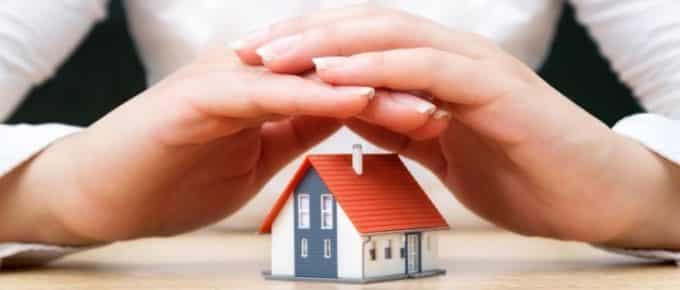
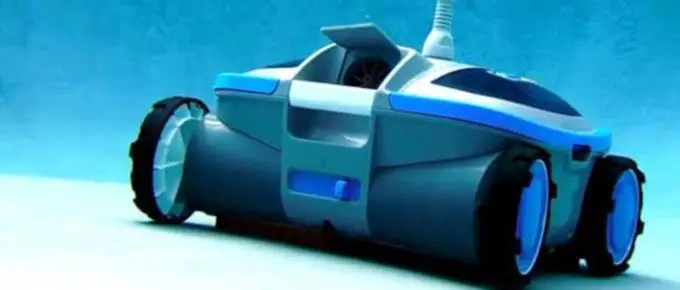
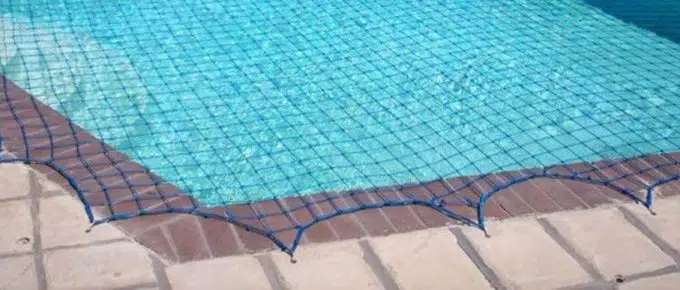
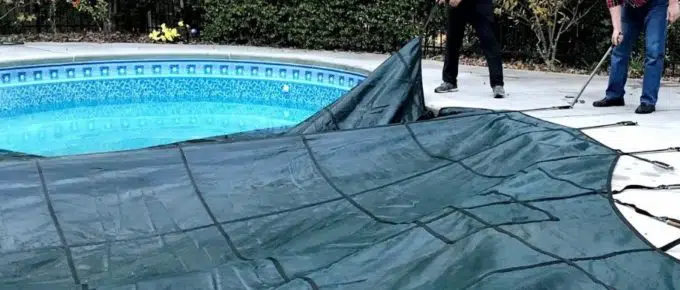
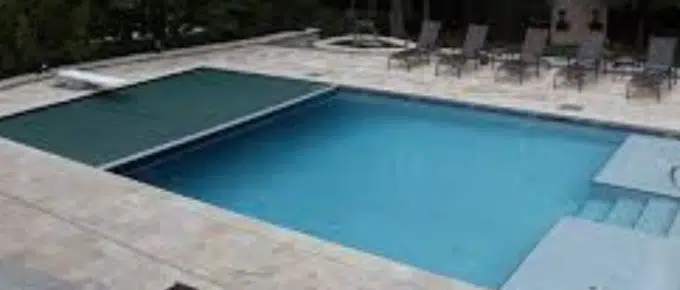
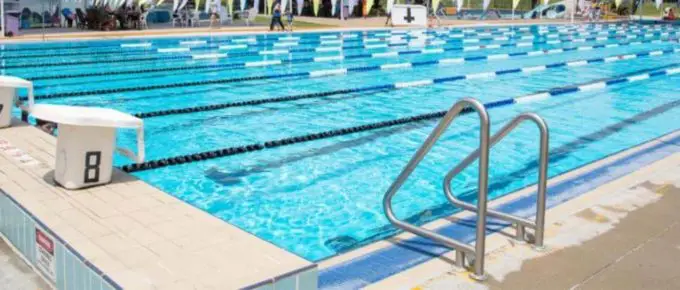
Leave a Reply